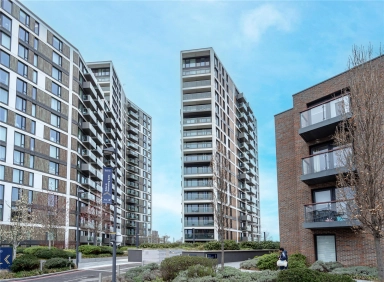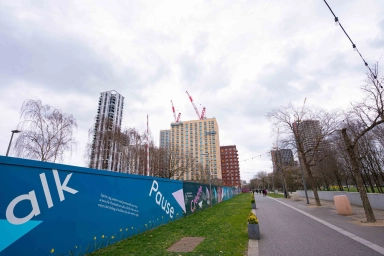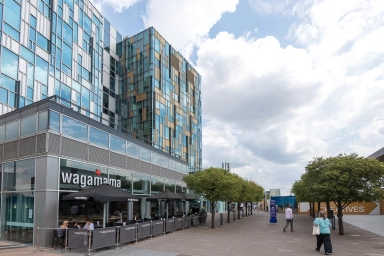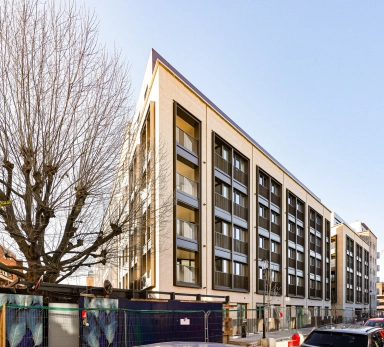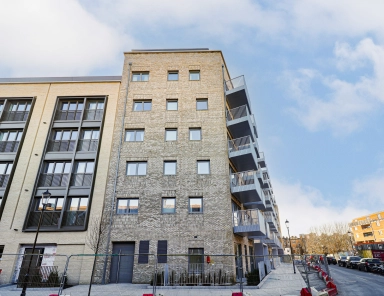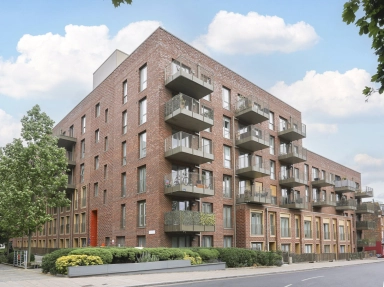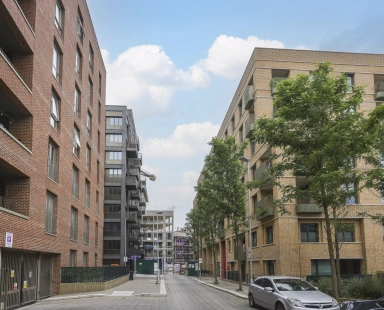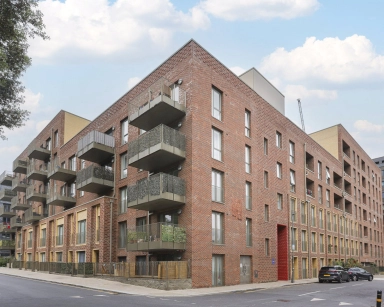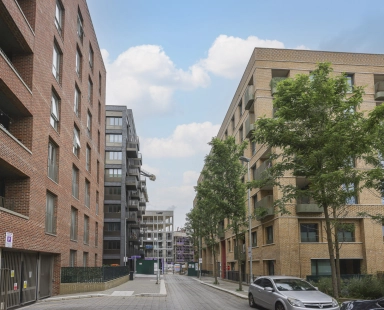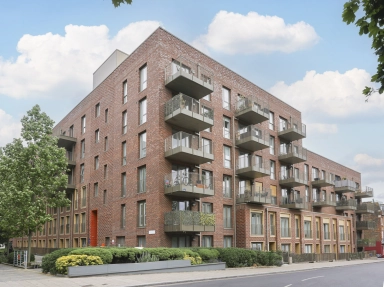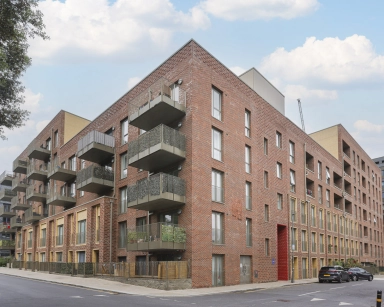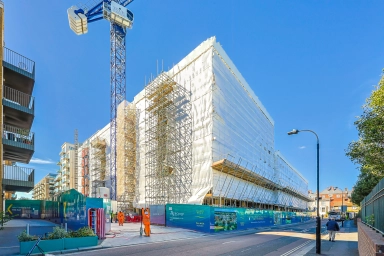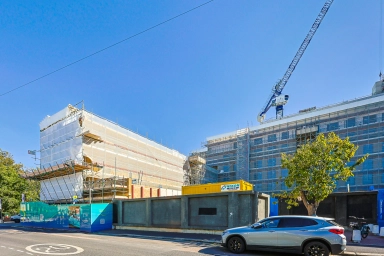- Selling
-
Buying
-
Landlords
-
Show more
- B&R Landlord hub
- Management services
- Vacant management
- Landlord reviews
- Rental investment
- Furnishing and refurbishment
- Renters’ Rights Act
- Yield calculator
- Free online valuation
- Stamp duty calculator
- ROI calculator
- Landlord resources
- EPC guide
- Video hub
- Area guides
- Fees for landlord
- Lettings Laws
- Why choose Benham and Reeves
- Renting
-
New homes
- House prices
-
International services
-
International offices
China, Hong Kong SAR, India, Indonesia, Malaysia, Middle East, Qatar, Singapore, Thailand and Turkey
Learn more - Show more
- Contact

Reassignment properties
Contract reassignments
What are they and how do they differ from a ‘conventional’ property purchase?
Contract reassignments are not the same as buying a property ‘off plan’.
A contract reassignment is the purchase of a contract for a new-build property from a vendor– but the key point here is that you are buying from a vendor - not the developer themselves.
The vendor (whether an individual or a company) is simply reassigning the ‘benefit’ of their original exchanged contract with the developer, to you.
Typically, the vendor will have paid a deposit to the developer when they originally bought off-plan, which you, as the new buyer, agree to ‘purchase’.
You, as the purchaser, will be dealing with the vendor (not the developer), who is in effect a third party, to reassign the contract to you.
Once the reassignment has completed, you will then be dealing directly with the developer and will eventually go on to complete the purchase with them, paying the remaining balance to them on completion.
Reasons to buy a reassignment property
- Completes faster
- Potential for a lower price compared to what the developer is selling now.
- If the seller is highly motivated and cannot afford to actually complete, then they may agree to give up part of the deposit they paid – so for example if they have paid 20% deposit they may agree to accept only 15%, so you would get 5% below the price that they paid.
Why will a vendor reassign a contract?
There are several reasons why a vendor may reassign a contract. They may wish to realise any profit made since they originally purchased the property off-plan. Or they might find their circumstances have changed since they bought off-plan, so they are selling the property to free up capital.
What is an uplift?
Residential developments can take several years to build and complete. Over this time, especially when the housing market is strong, the current value of the property may have increased. So when contracts are exchanged, you may be required to pay an uplift, ie an additional amount, to cover any increase in the property’s value.
In a weaker market, you may find the vendor is selling the reassignment contract at a lower rate than they paid originally. In the London property market, this is rare, but it could happen if the vendor is being forced to sell quickly due to financial pressures.
Do I need a mortgage offer in place?
The mortgage market for reassignment sales is more limited than for traditional property purchases. So it is preferable to have a mortgage agreed before you start the reassignment process.
Do I need a solicitor to buy a re-assignment contract?
Contract reassignments are a niche market, but a growing one, but they can be more complex than conventional property sales so it is vital to have a solicitor.
How do I find out about current reassignment opportunities?
We are experts in contract reassignments and we work closely with leading developers, so we have unique access to reassignment opportunities across London, some of which are not available on the wider sales market.
These range from brand new residential developments to new phases of existing and already sought-after developments.
You’ll find some of our latest reassignment opportunities here but if you can’t find the type of property you’re looking for, please contact our residential sales team and they can let you know about new properties being listed soon.
Featured reassignments
13 properties found
- List
- Map
Sort by price :
- Highest
- Lowest
Refine search
Looking to Buy or Rent?
How much is your property worth?















